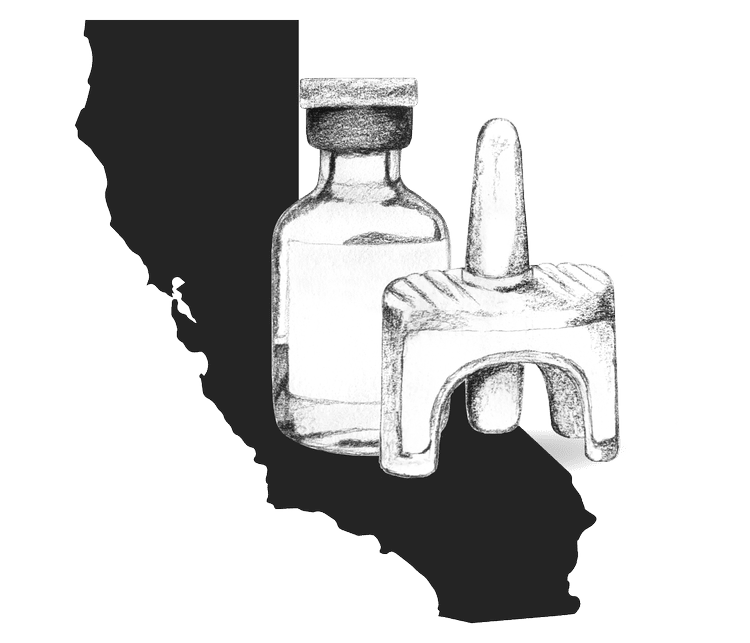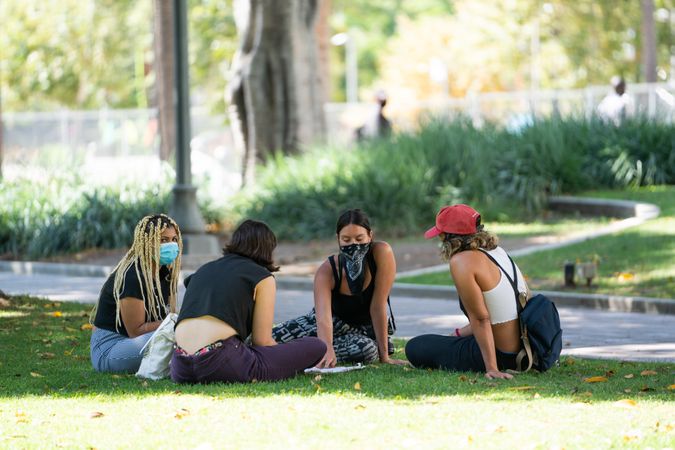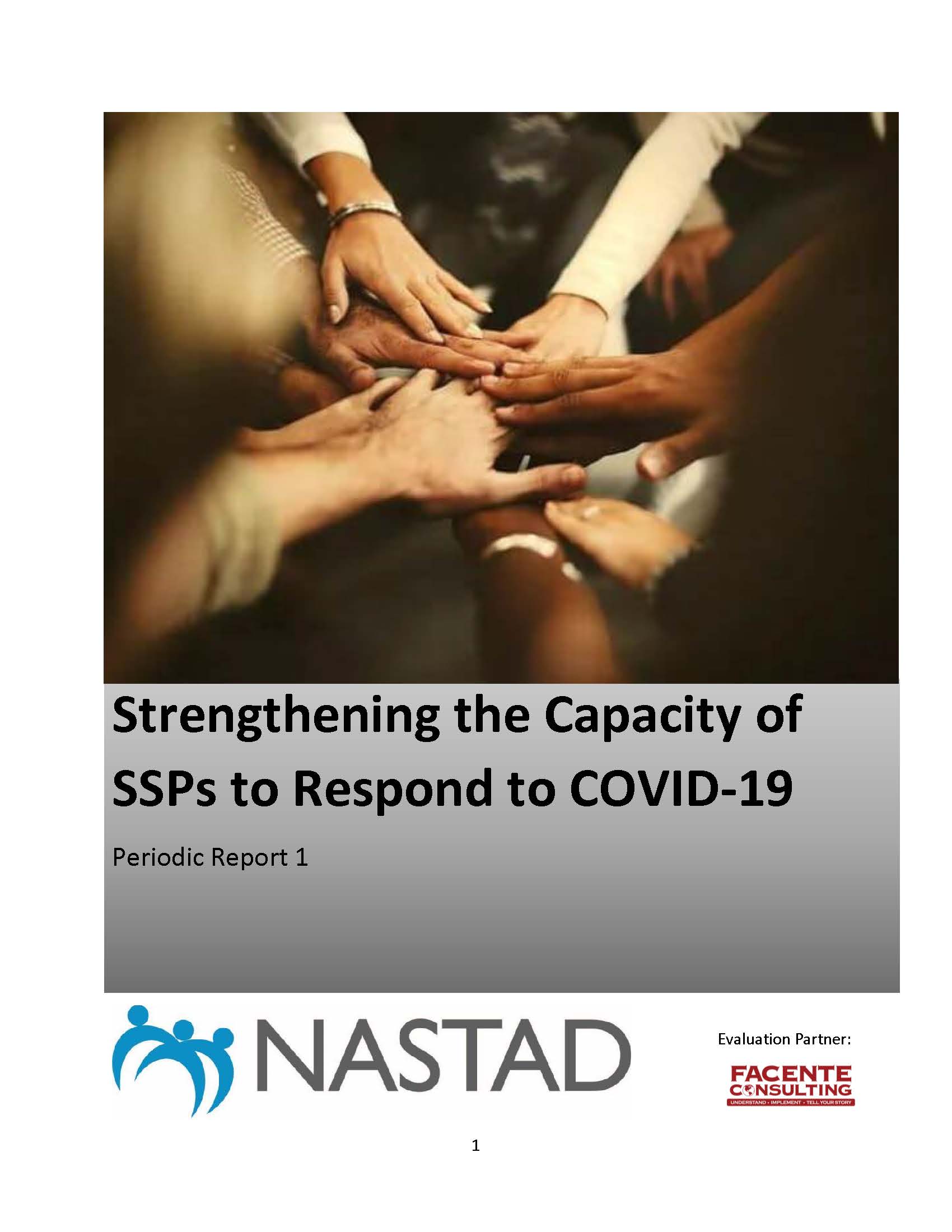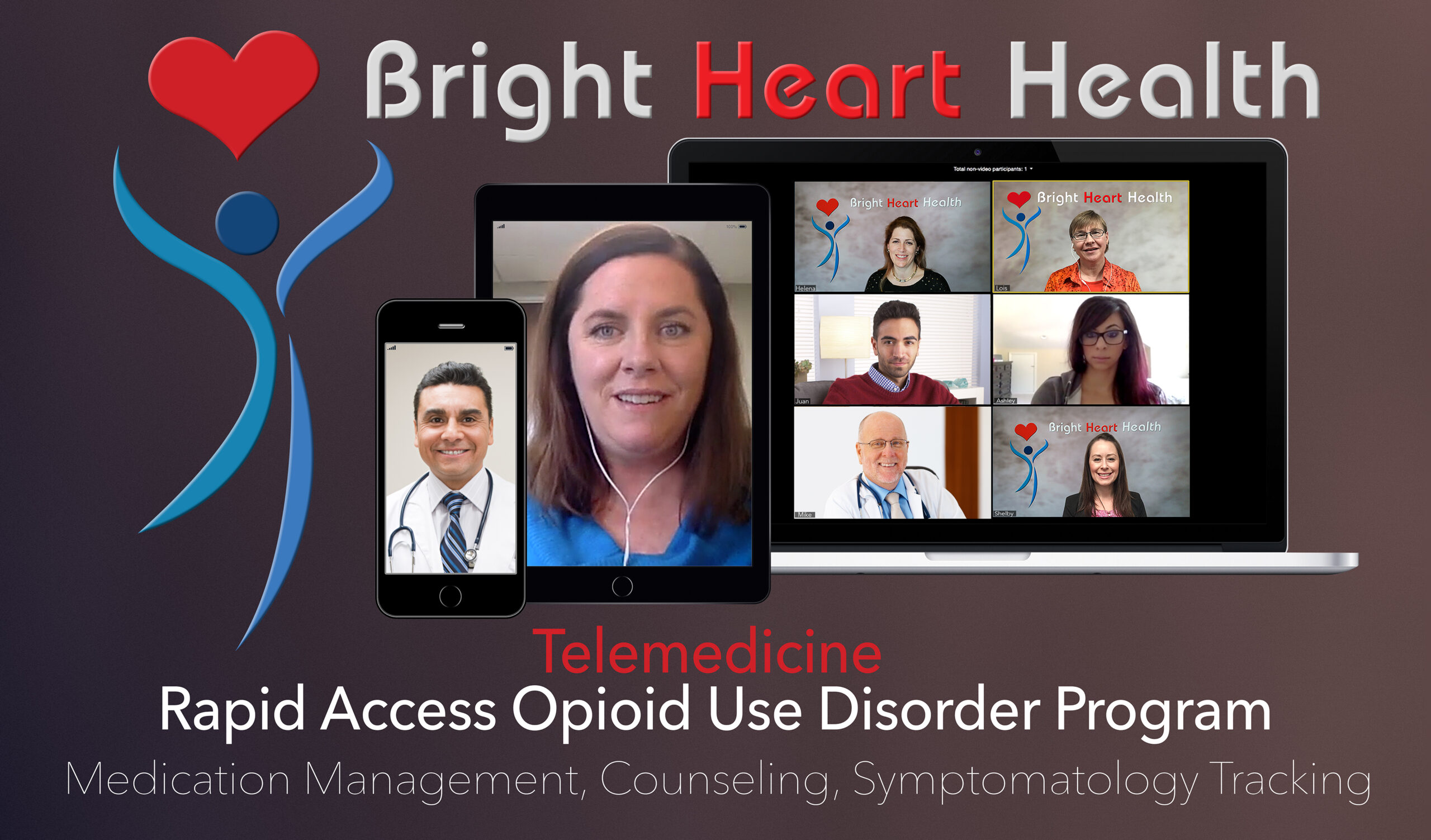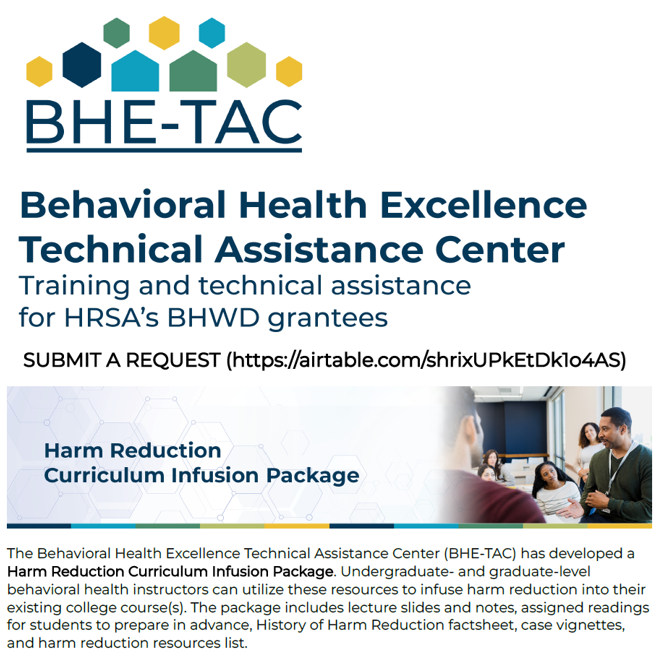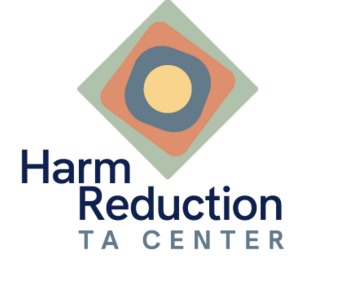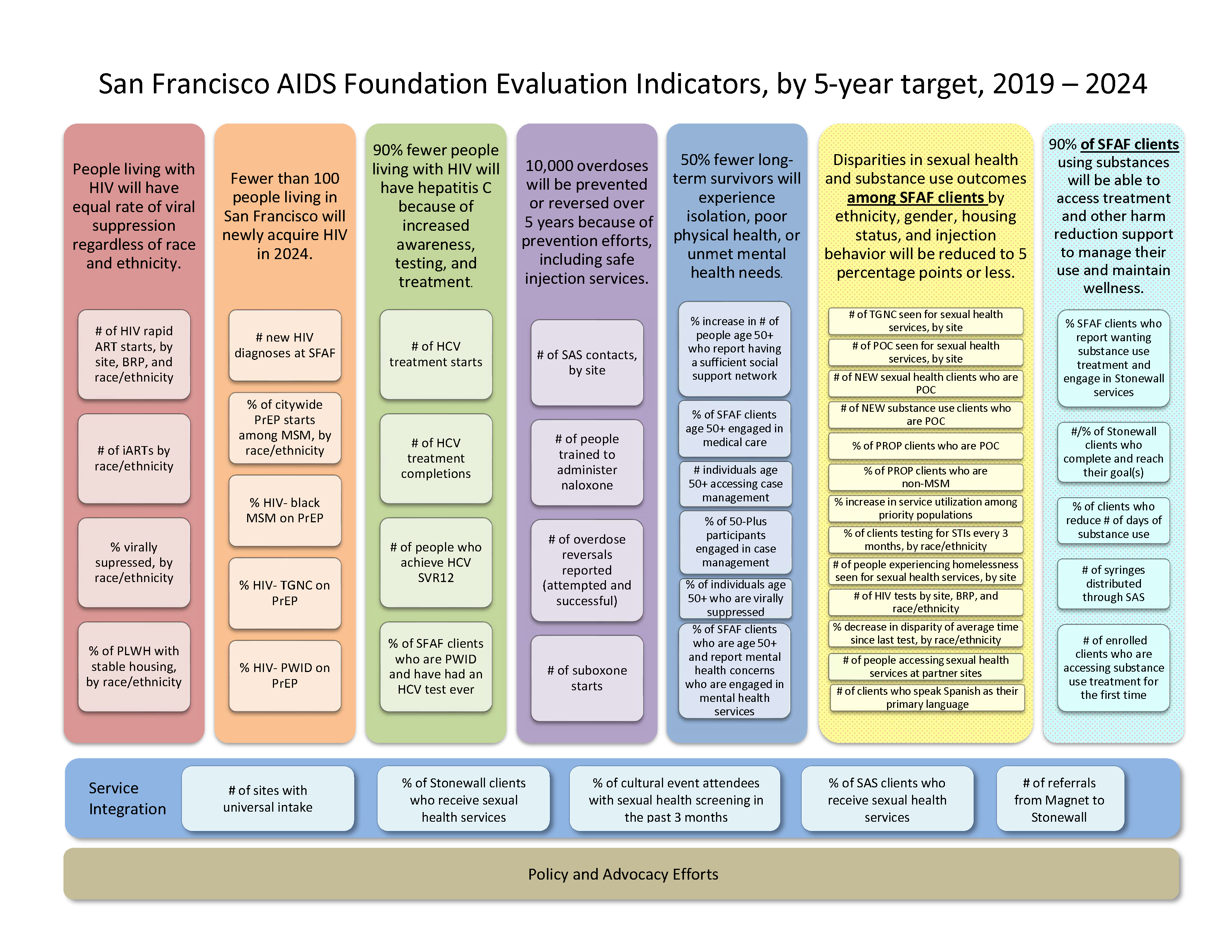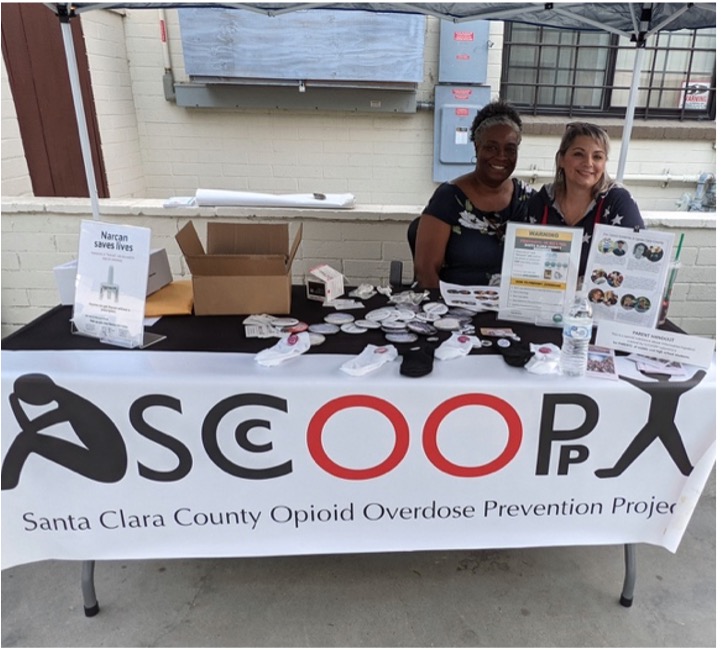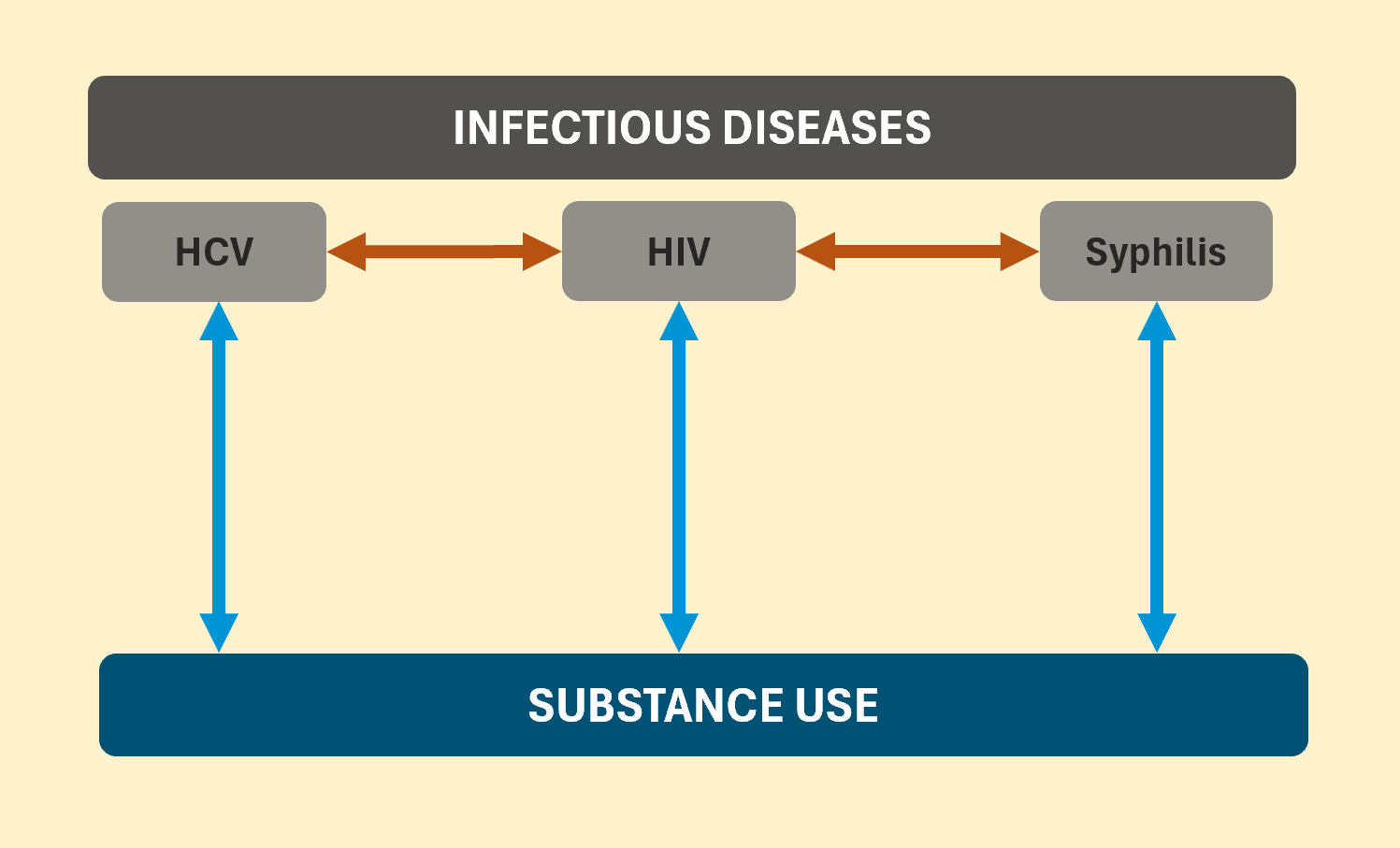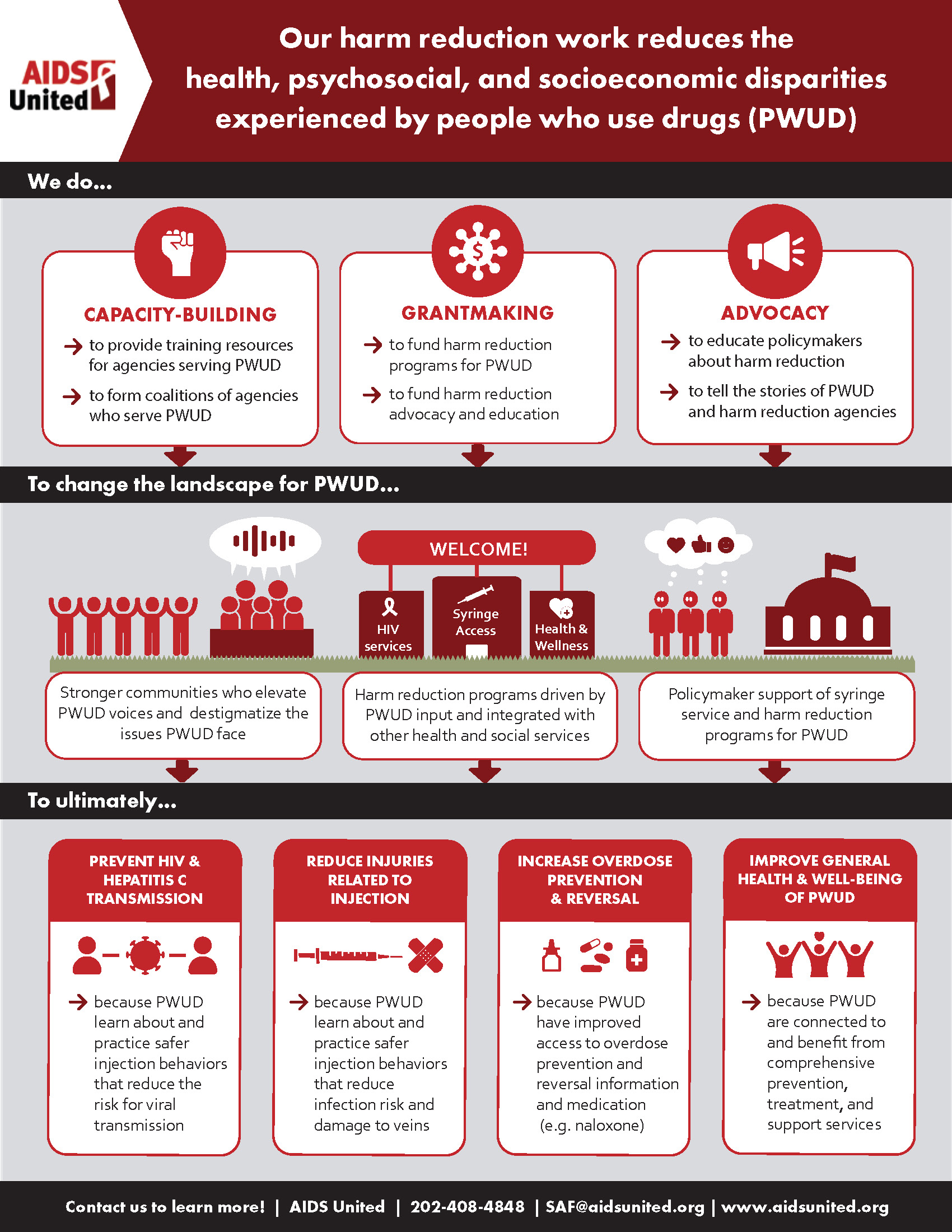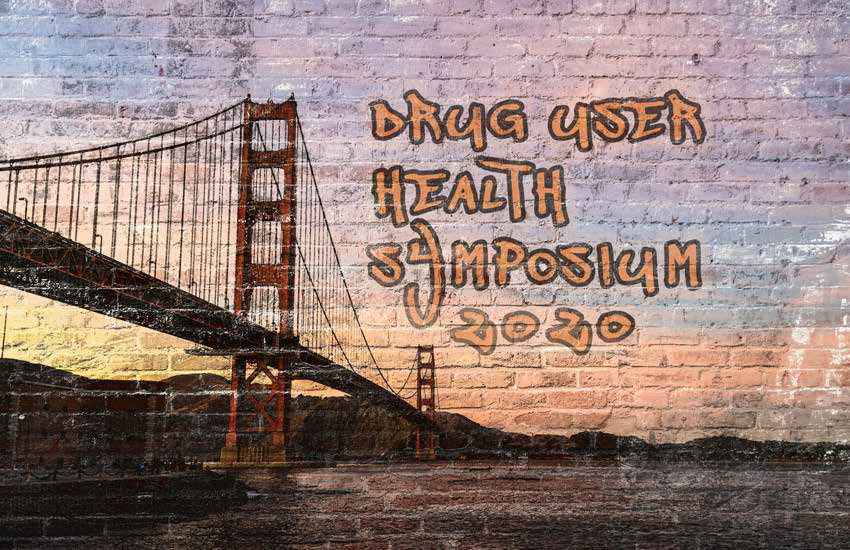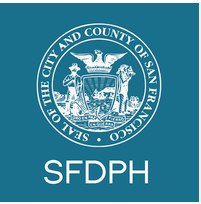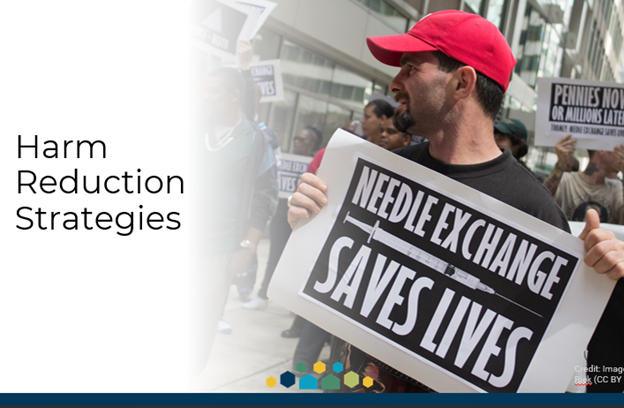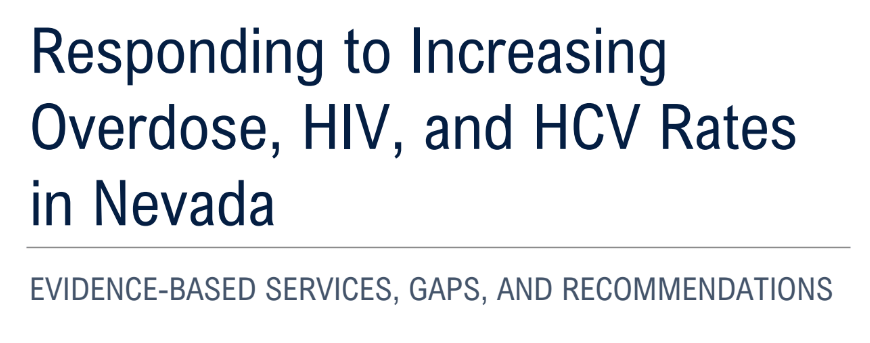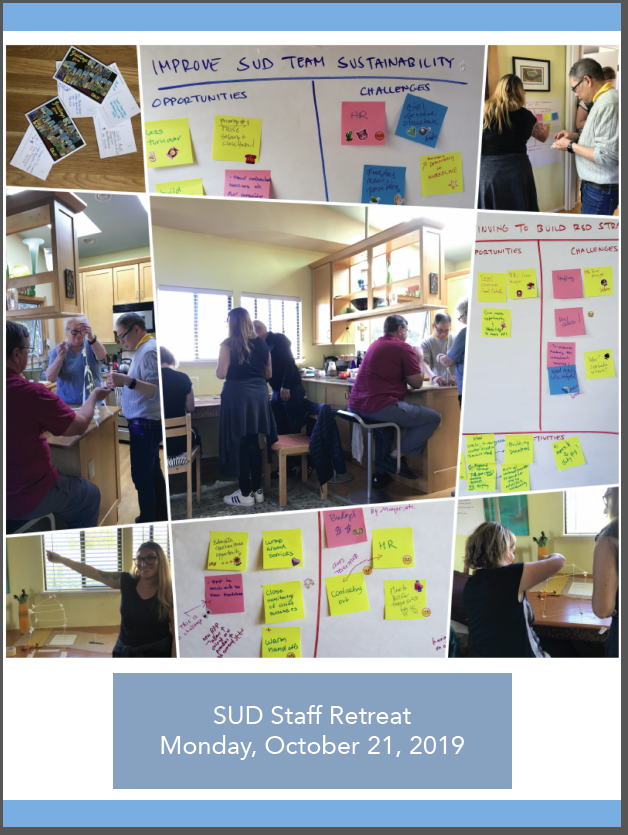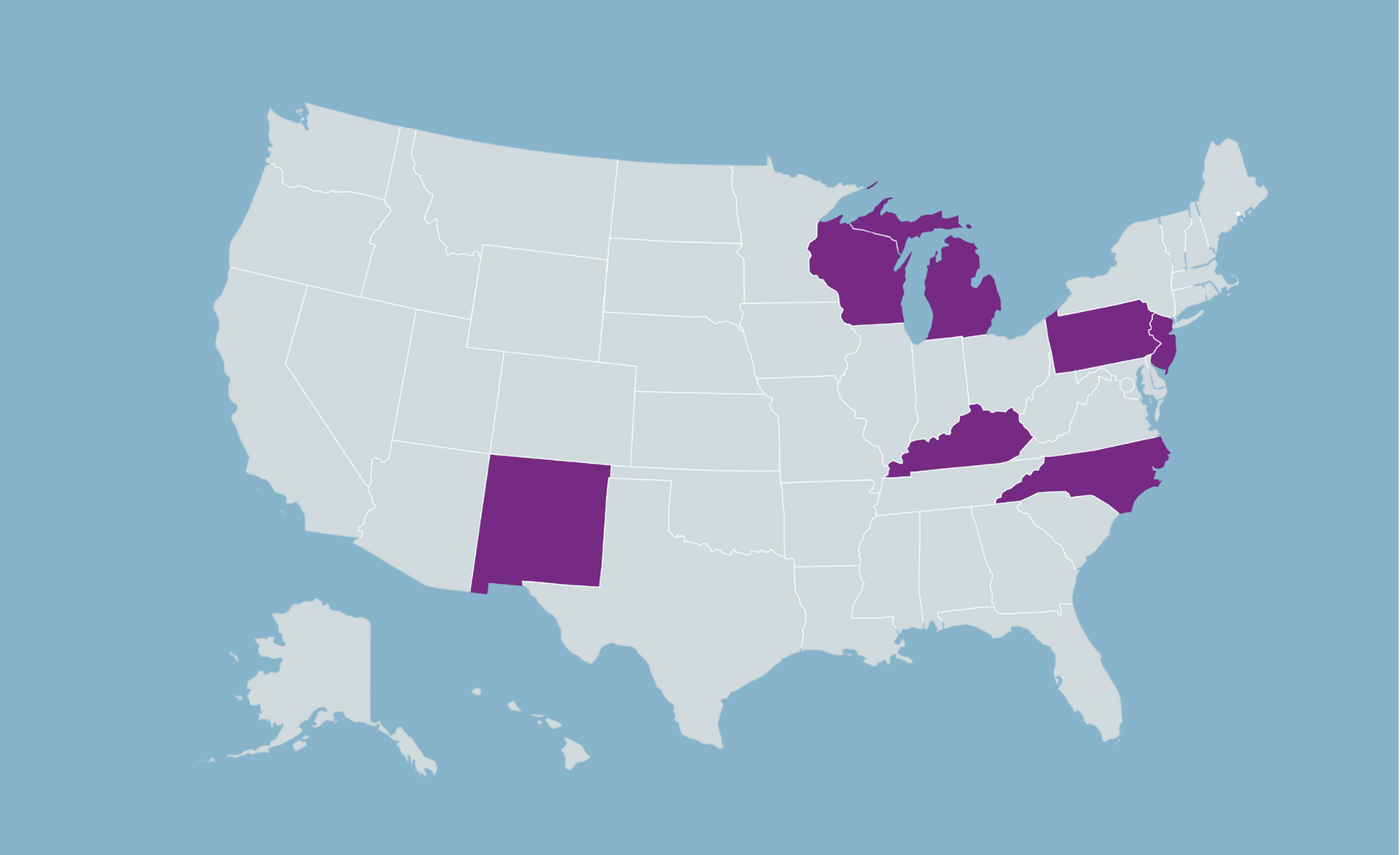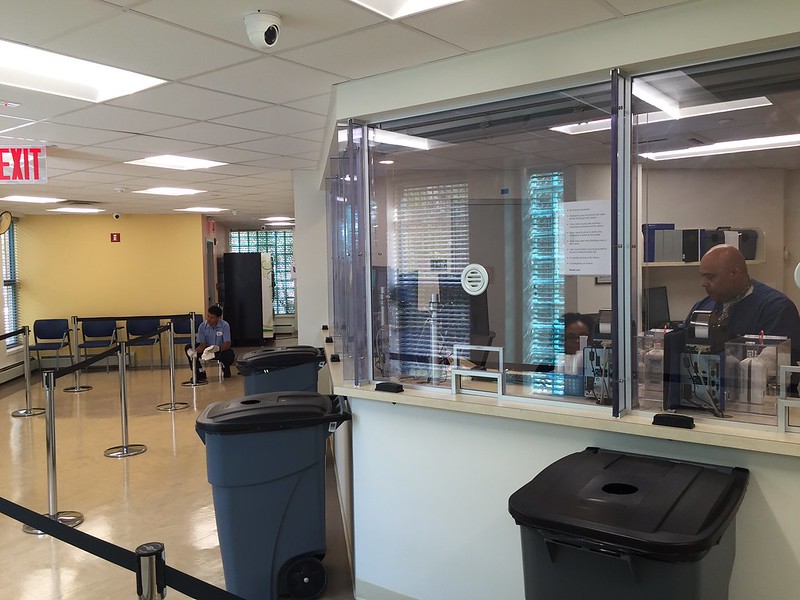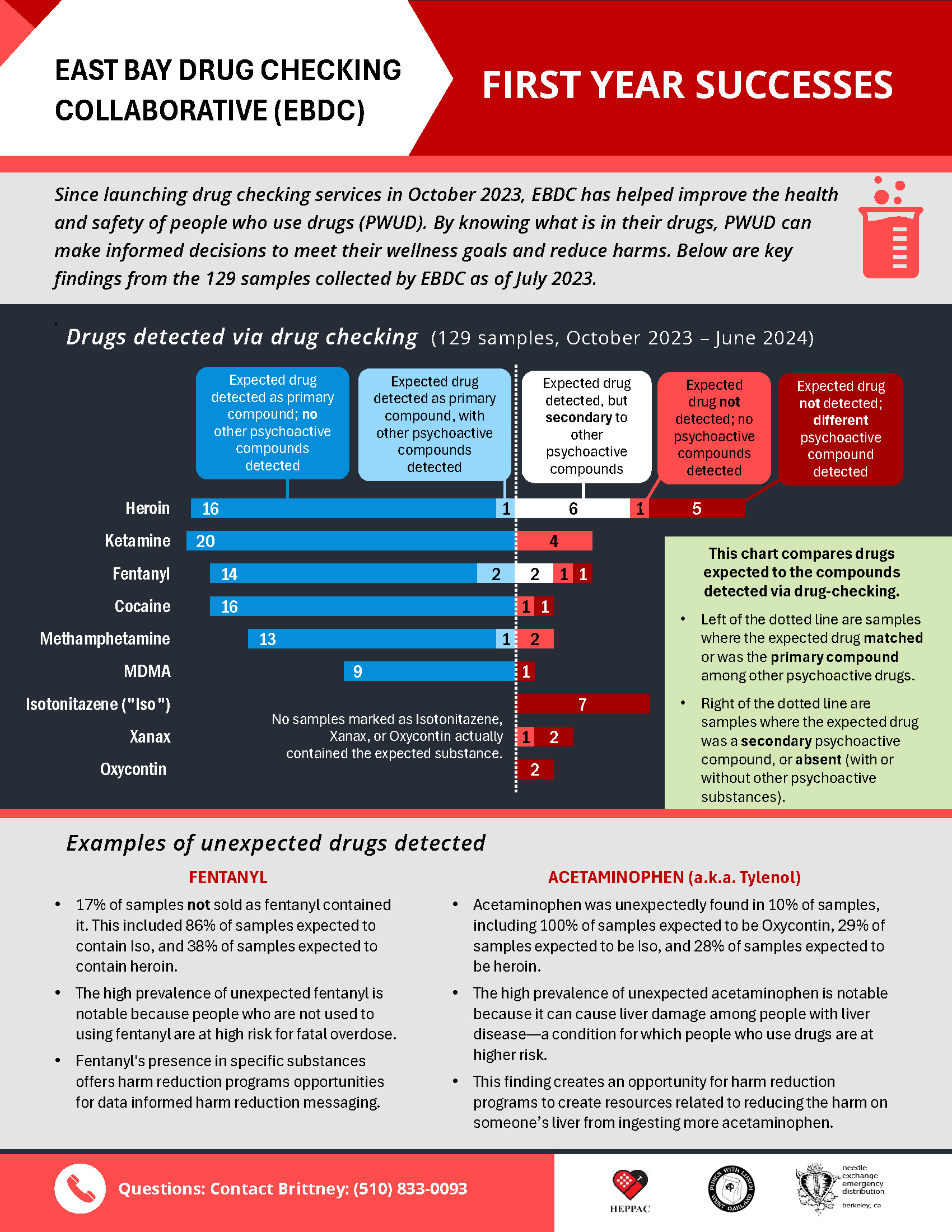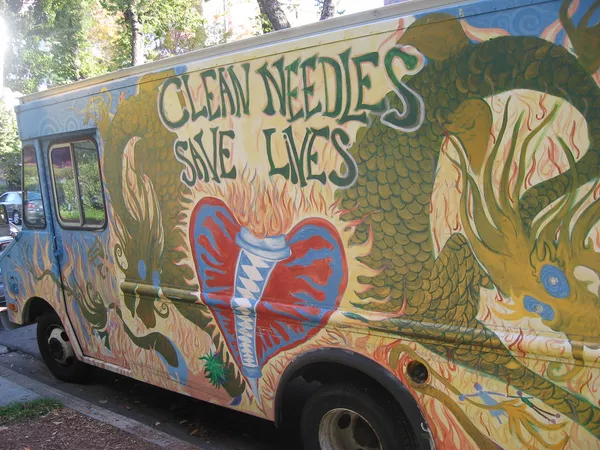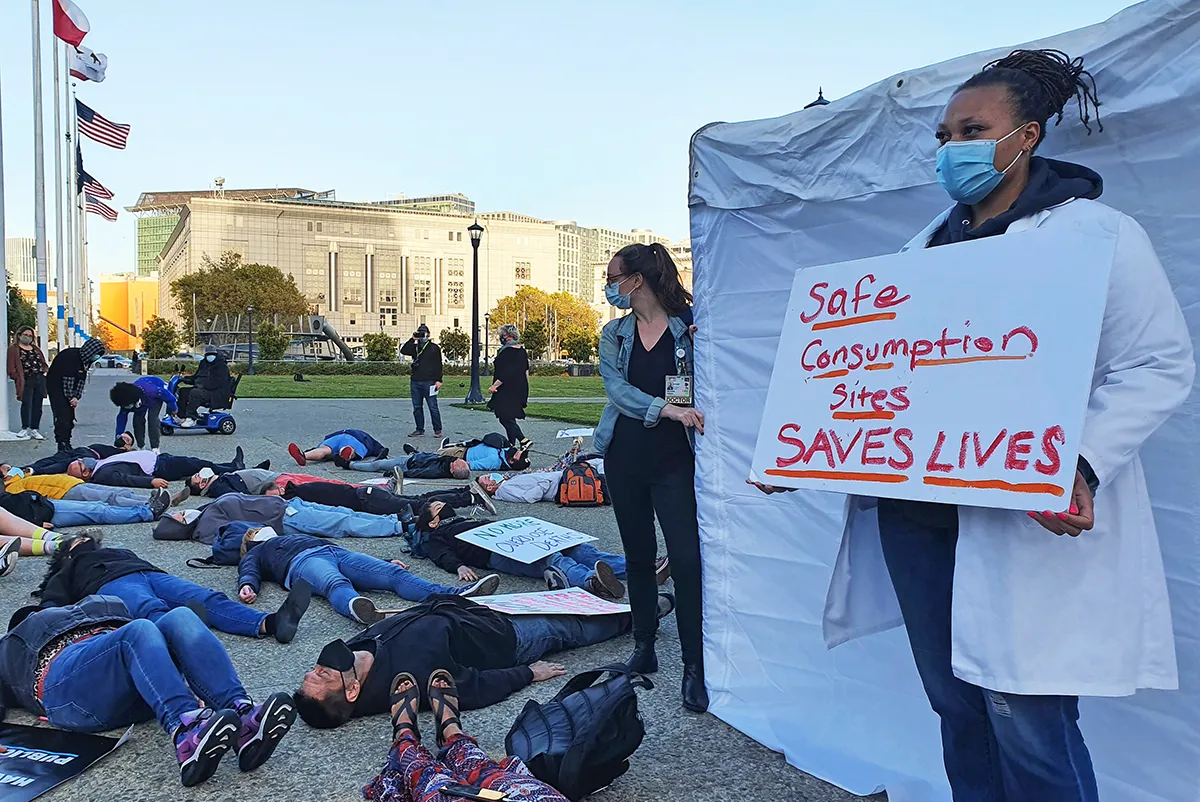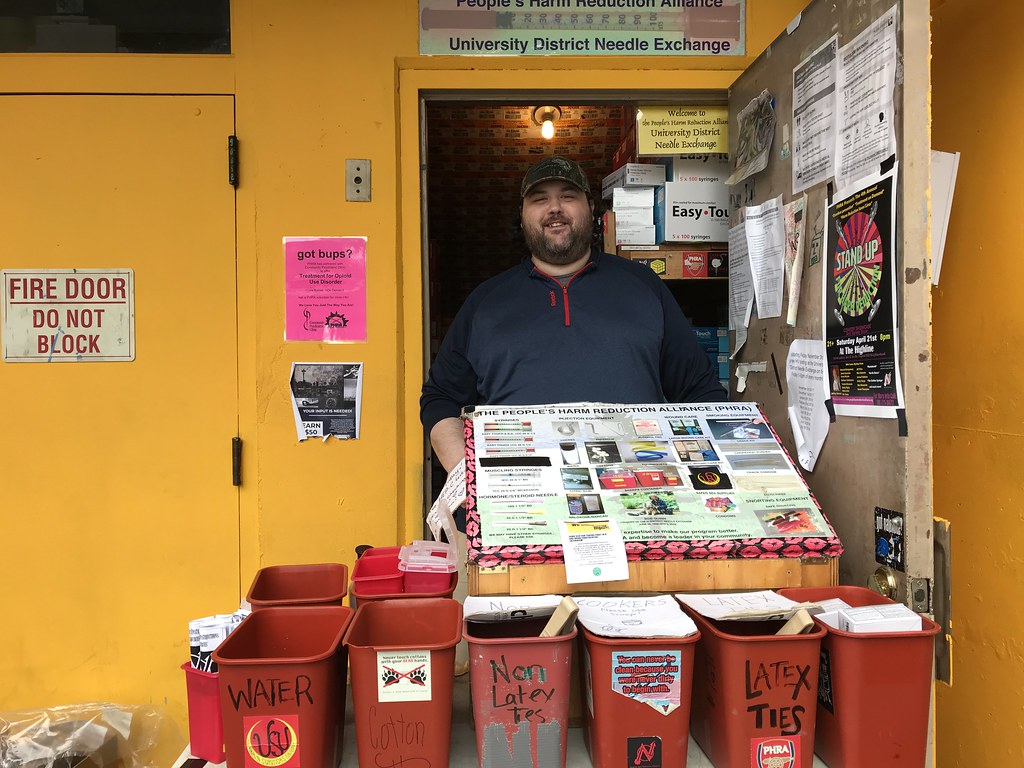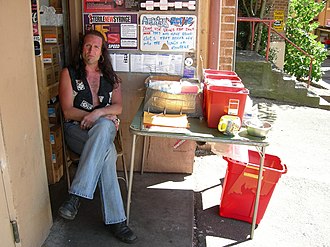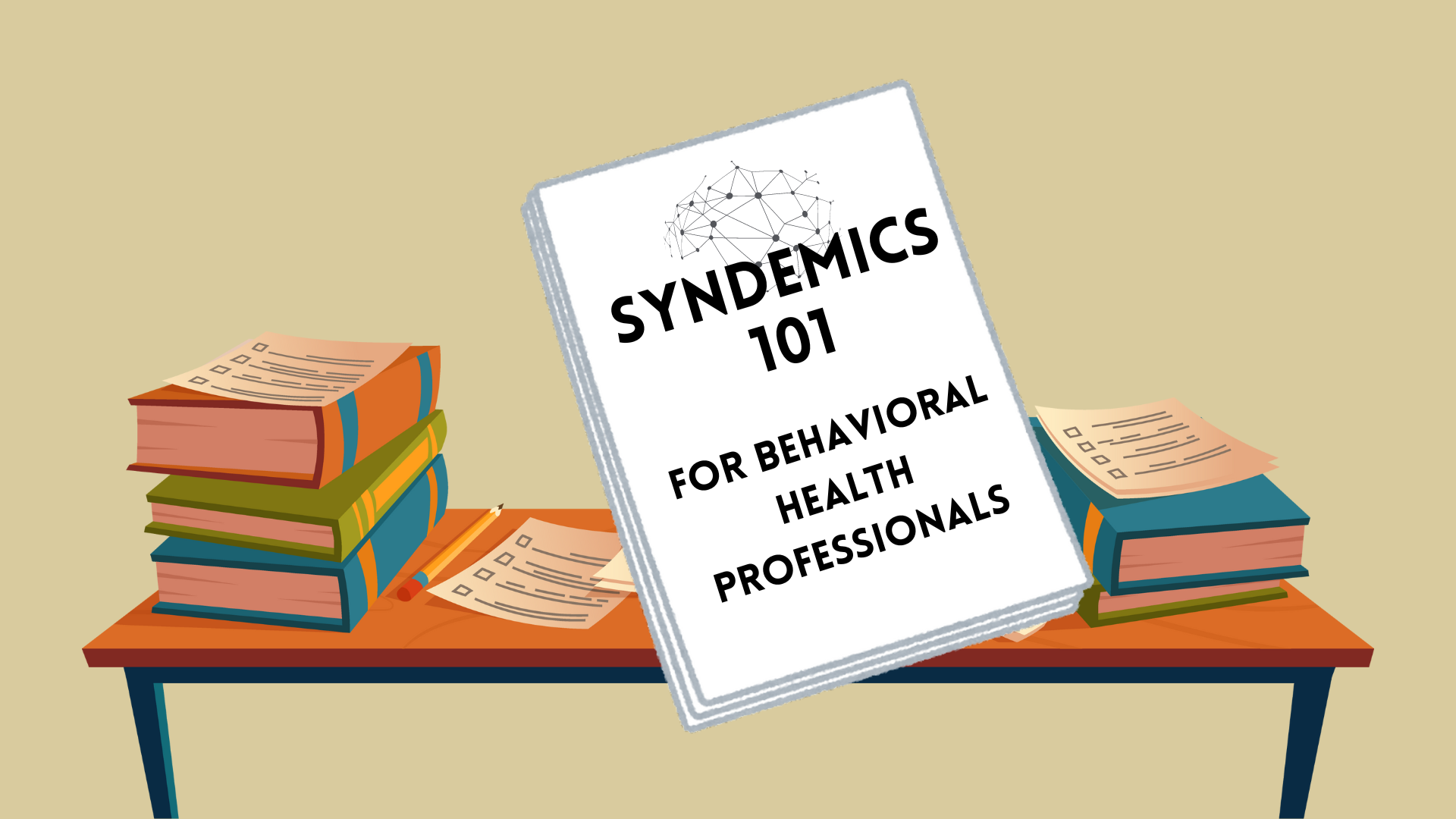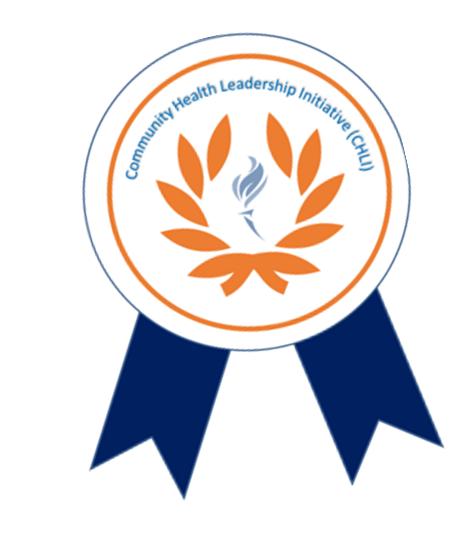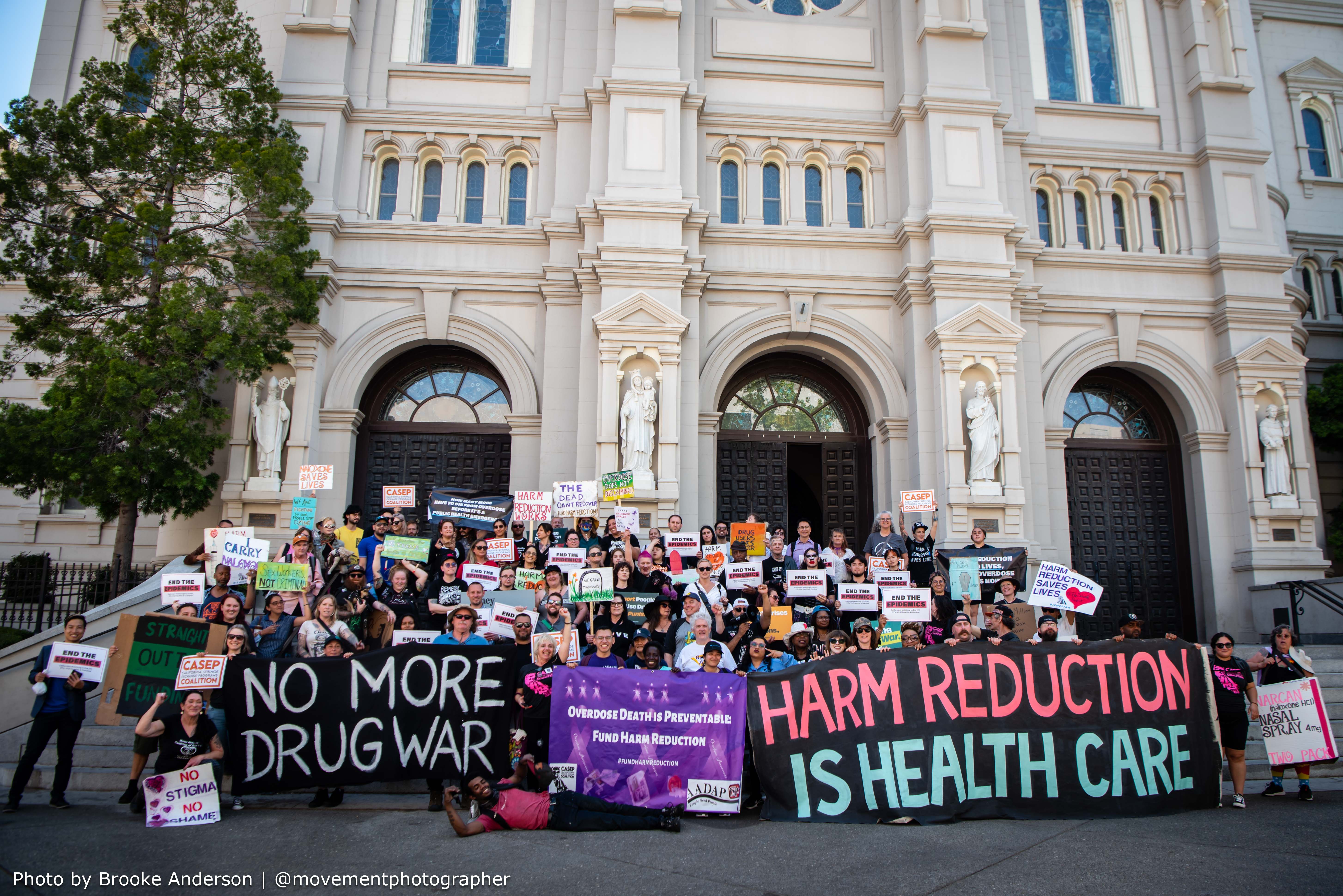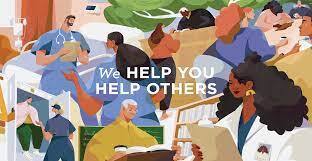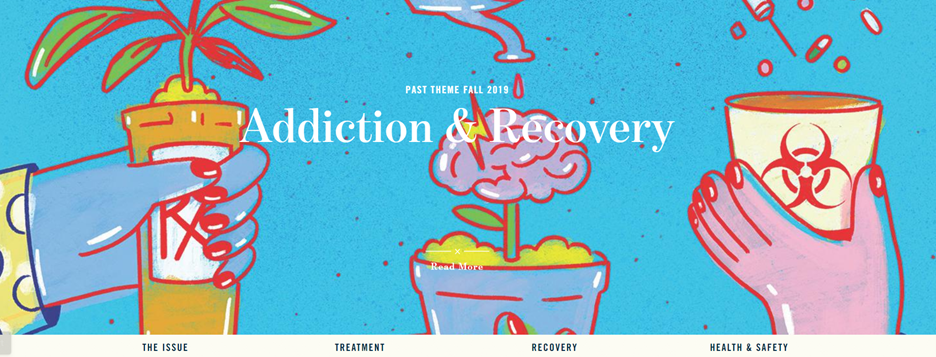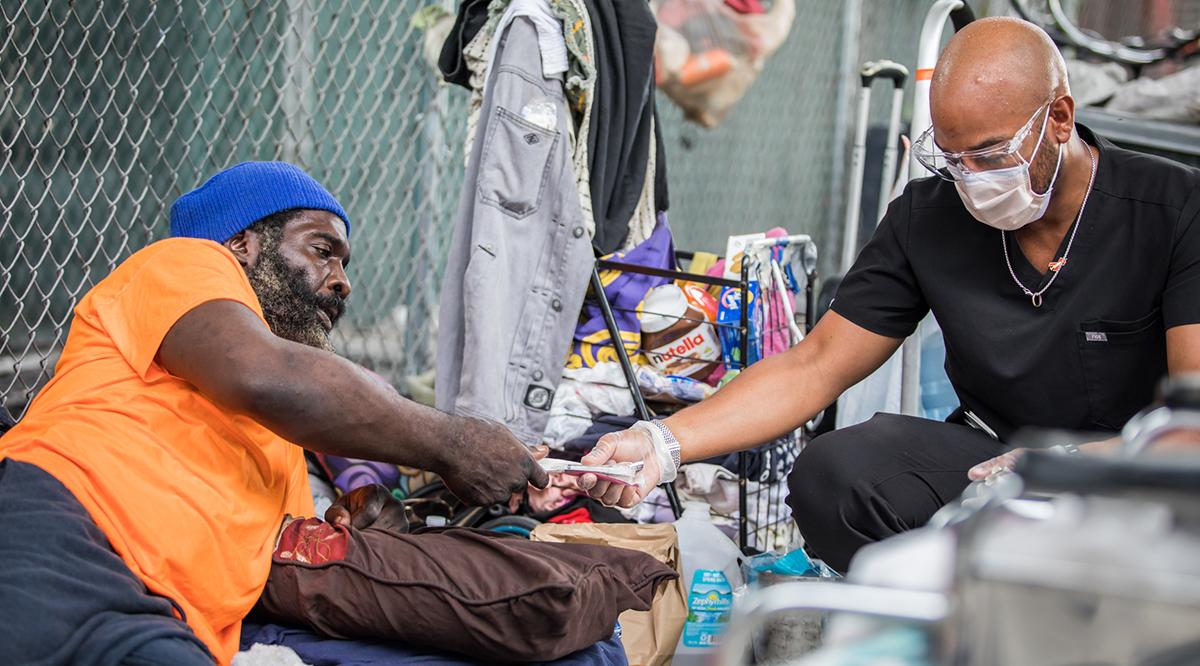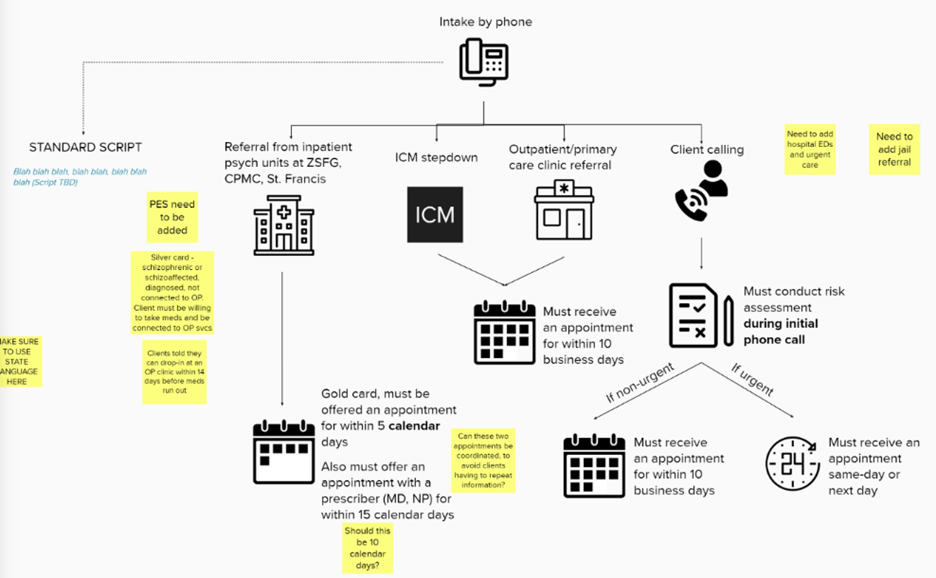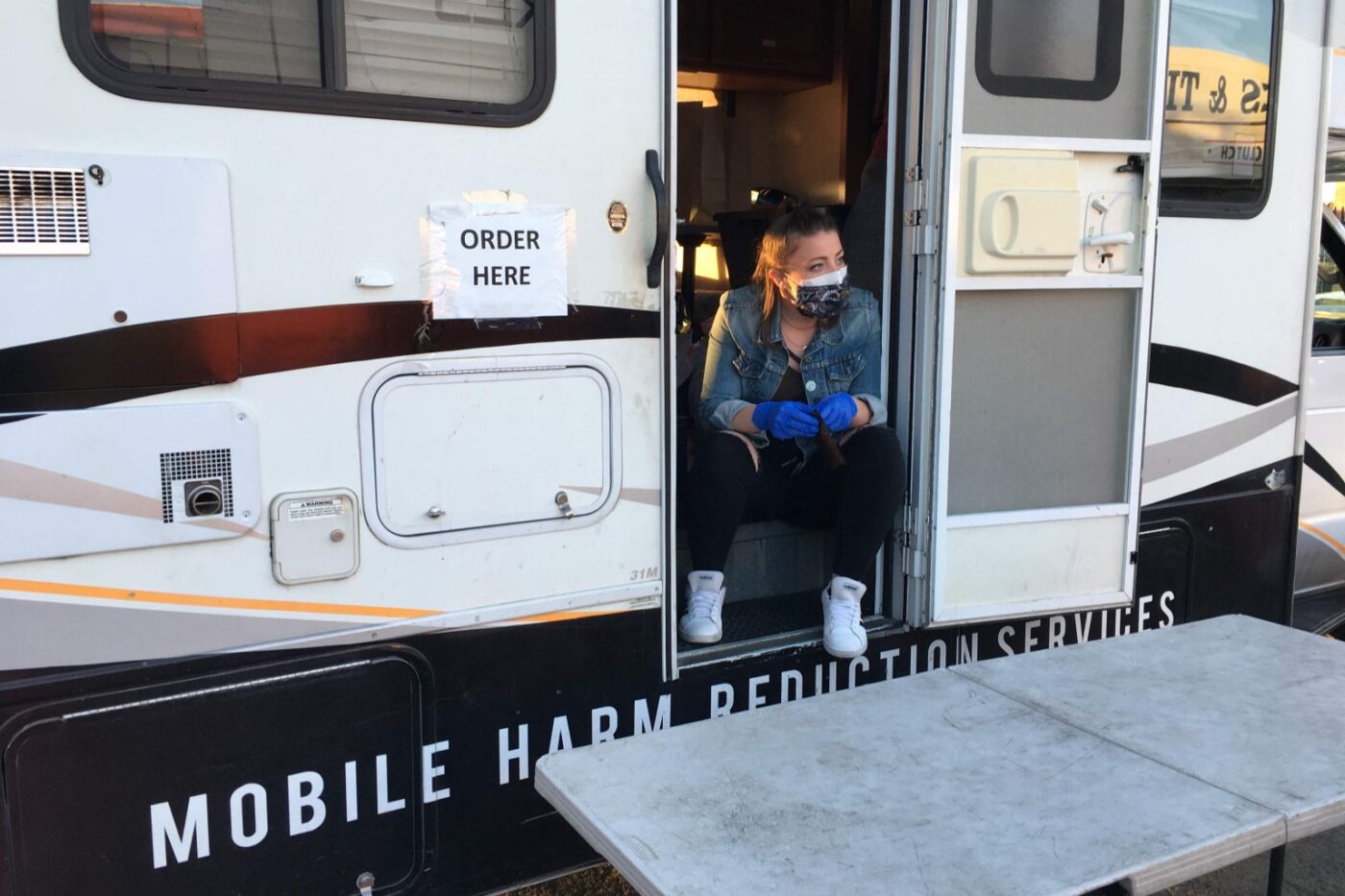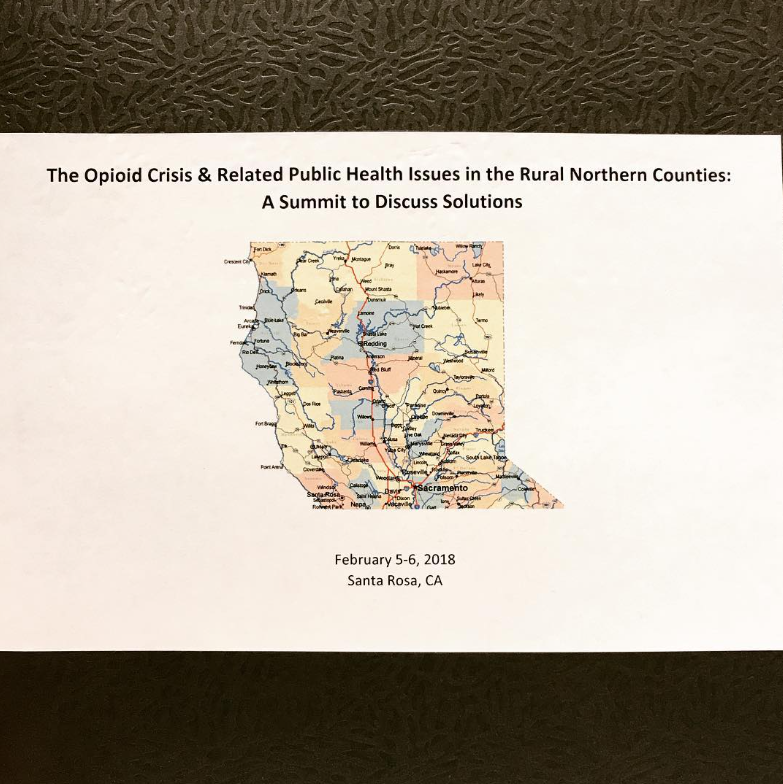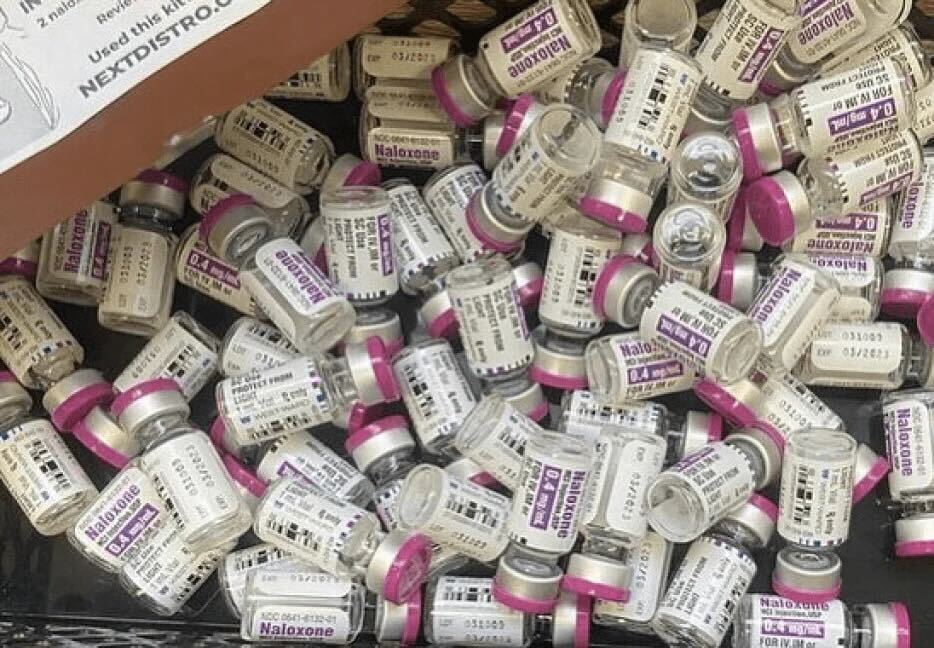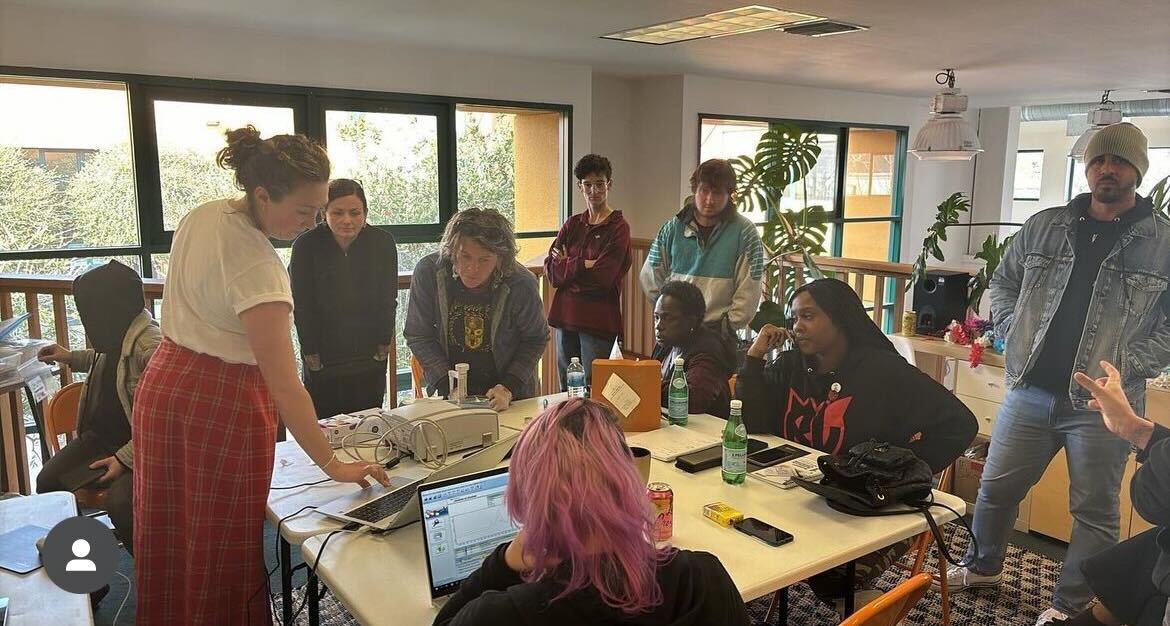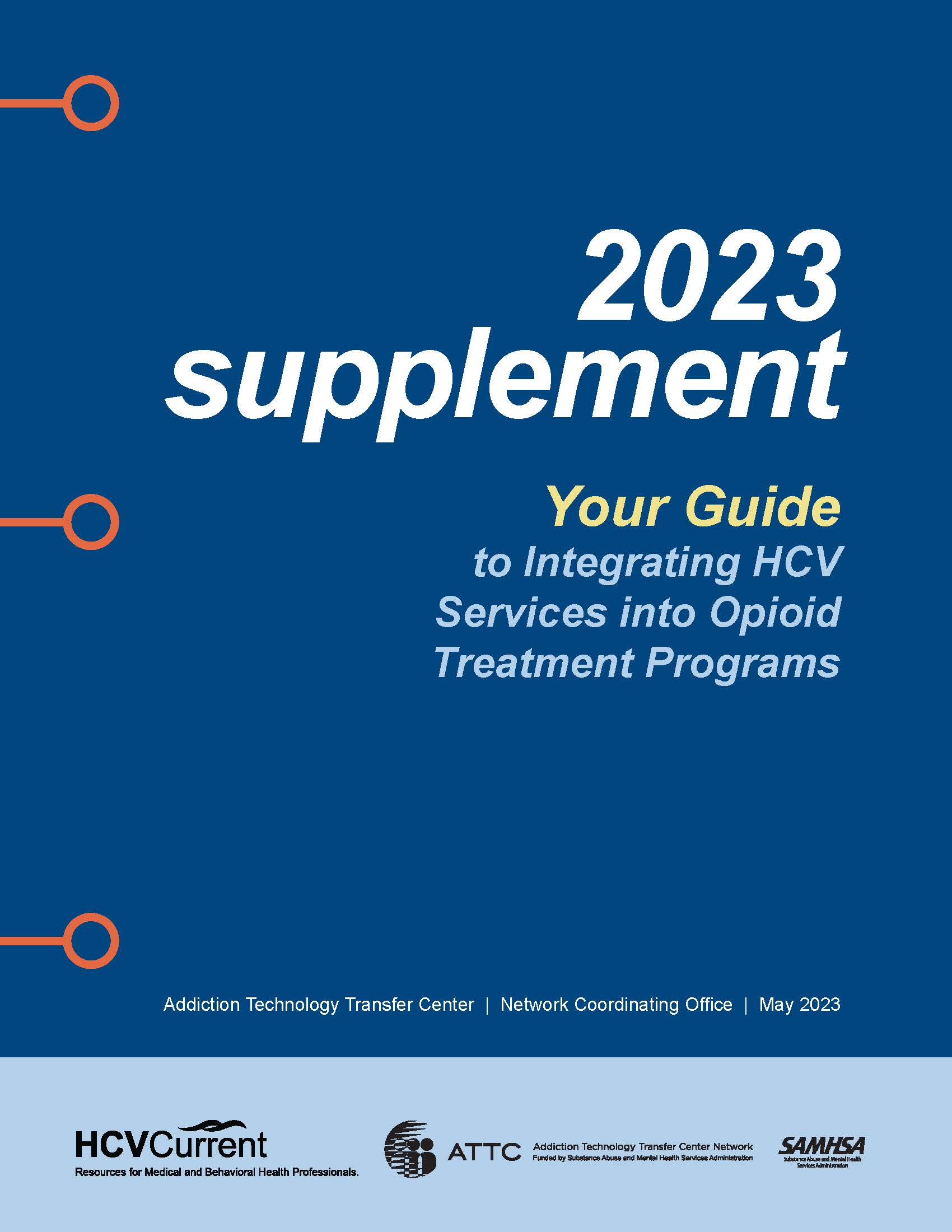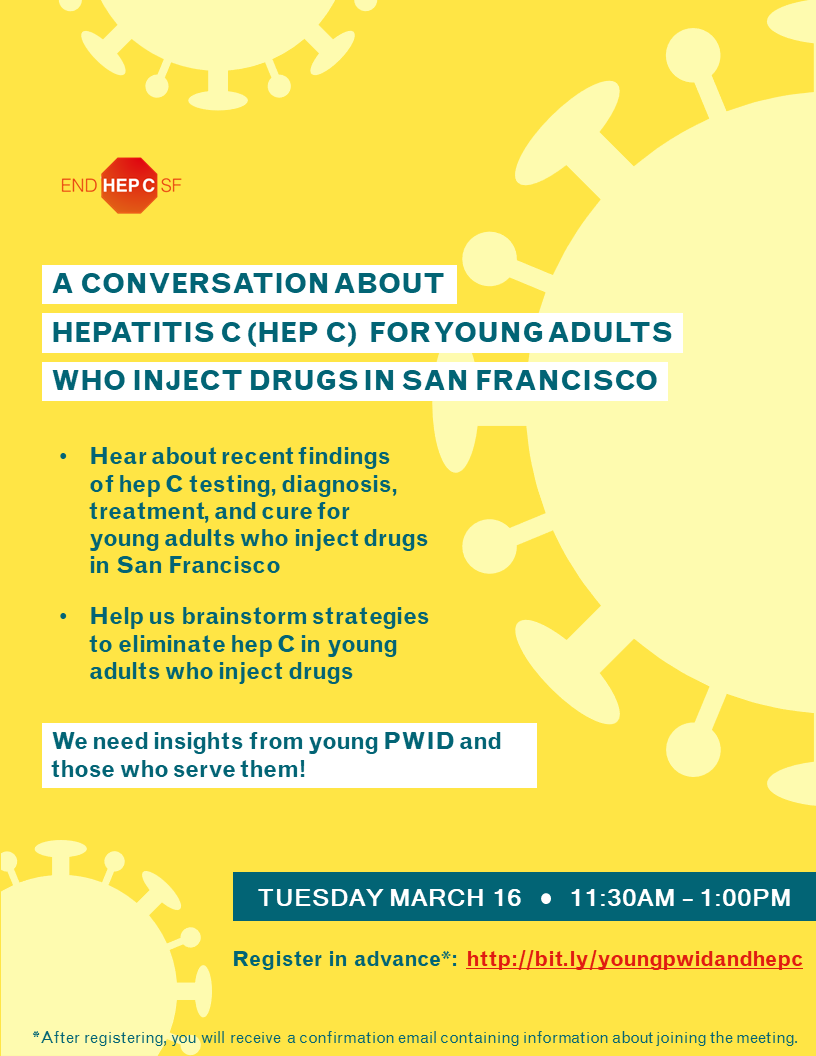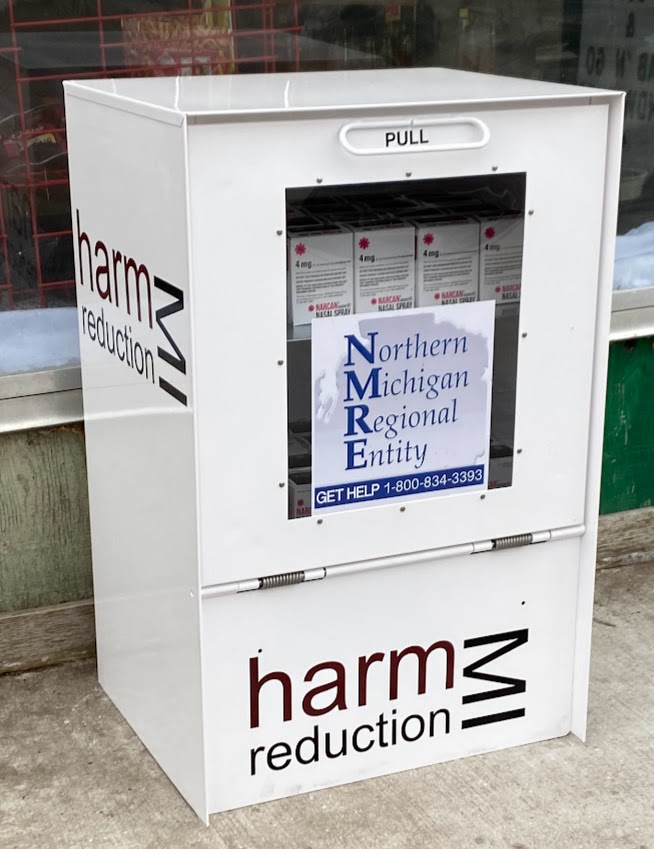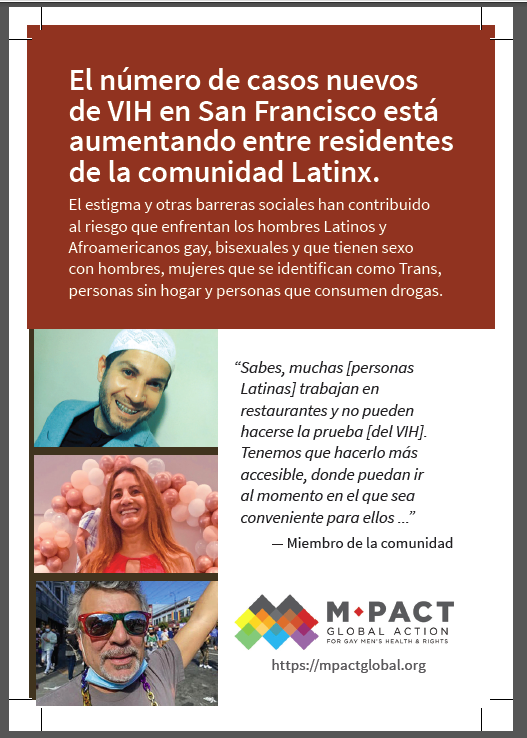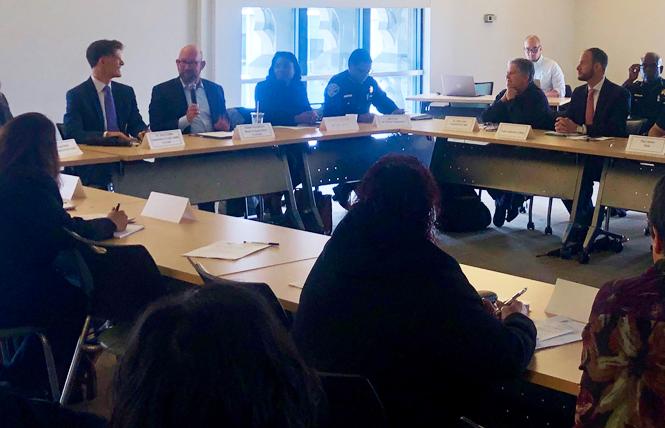Facente Consulting supported NEXT Distro, an online and mail-based harm reduction service, in developing its strategic next steps toward health equity and sustainability.
Project Descriptions
Retreat Facilitation for NEXT Distro and SANE
Facilitation of the Community Advisory Team for RTI International’s Strengthening Syringe Services Project
RTI International
Evaluation for CDC-Funded Syringe Service Program Vaccine Scale-Up
NASTAD
Project Management of Telemedicine Pilot focused on Low-Barrier Buprenorphine Access
SFDPH Behavioral Health Services
Needs Assessment for Contingency Management Services in San Francisco
SFDPH Community Health Equity and Promotion (CHEP)
Facente Consulting supported the San Francisco Department of Public Health in conducting an assessment of the current landscape of access to contingency management in San Francisco and opportunities for expansion by conducting and analyzing interviews and focus groups with people engaged in treatment.
Substance Abuse Mental Health Services Administration (SAMHSA) Program Evaluation
San Francisco Community Health Center
Creating a Harm Reduction Curriculum Infusion Package for University Professors
University of Missouri-Kansas City
Strategic Planning for SAMHSA Harm Reduction Grantees
NASTAD
Development and Implementation of Organizational Impact Evaluation
San Francisco AIDS Foundation
Developing and Implementing International Overdose Awareness Day Events in Santa Clara County
Santa Clara County Public Health Department
Development of a Guide to Integrating HIV, HCV, and Syphilis Testing and Treatment in Opioid Treatment Programs
University of Missouri-Kansas City
Creating a Toolkit for Conducting Community-Based Participatory Research (CBPR) in Harm Reduction Settings
NASTAD
Theory of Change Development for Harm Reduction Programming
AIDS United
Planning and Facilitation of a National Drug User Health Symposium
SFDPH Community Health Equity and Promotion (CHEP)
Curriculum Development on Nevada’s Good Samaritan Law for the Larson Institute at the University of Nevada, Reno
The Larson Institute
Strategic Plan for SFDPH’s Congenital Syphilis Response
SFDPH Disease Prevention and Control
Educating Clinical Psych Students about Harm Reduction
University of Missouri-Kansas City
Development of a Survey and Report to Assess Harm Reduction Capacity in Nevada
The Larson Institute
Program Planning for Rafiki Coalition’s UMOJA Health Access Point
Rafiki Coalition for Health & Wellness
Facente Consulting provided program planning, retreat facilitation, and implementation technical assistance to the Rafiki Coalition to launch UMOJA, a Health Access Point funded by the San Francisco Department of Public Health to provide coordinated, wholistic, and Afrocentric services to address the syndemic of HIV, HCV, STIs and related health and social issues within San Francisco’s Black and African American communities,
Substance Use Disorders Team Retreat Facilitation
SFDPH Behavioral Health Services
Developing and Evaluating Glide’s Contingency Management Program
Glide
Qualitative Evaluation of Vital Strategies’ Overdose Prevention Program
Vital Strategies
Formal Assessment of the Landscape of Medications for Addiction Treatment (MAT) in California
The Center at Sierra Health Foundation
Visualizing Drug-Checking Results as a Tool for Autonomy and Harm Reduction in the Drug User Community
HIV Education and Prevention Project of Alameda County
Development of National Performance Standards for Syringe Services Programs
NASTAD
White Paper on Overdose Prevention Services
San Francisco AIDS Foundation
Guidance for Integrating Hepatitis C Services into Opioid Treatment Programs in the Midwest
University of Missouri–Kansas City
Technical Assistance to Harm Reduction Programs in the Midwest
Mid-America Addiction Technology Transfer Center
Harm Reduction Readiness Assessment in Southeast San Diego
County of San Diego Public Health Services
Developing a Syndemic 101 Overview for the Behavioral Health Workforce
University of Missouri-Kansas City
Strategic Planning to Guide Investments in Communities Most Impacted by HIV
San Francisco AIDS Foundation
Sexual and Drug User Health Sector Workforce Equity Playbook
SFDPH Community Health Equity and Promotion (CHEP)
Developing a Toolkit for Peer-led Overdose Prevention in Permanent Supportive Housing Sites
End Hep C SF
Strategic Support for the California Overdose Prevention and Harm Reduction Initiative
National Harm Reduction Coalition
SFDPH Harm Reduction Training Institute Assessment, Curriculum Development, and Training
SFDPH Community Health Equity and Promotion (CHEP)
Retreat Facilitation to Support Teamwork within a Harm Reduction Program
GLIDE
Harm Reduction Training and Capacity Building for the Overdose Response Network
University of Missouri-Kansas City
Facente Consulting, through a contract with the University of Missouri-Kansas City, provided multiple trainings to the members of the Overdose Response Network (ORN) to build the capacity and knowledge of its network of TA providers and technology transfer specialists, who respond to a variety of requests nationwide.
Framing of an Issue Brief on Addiction and Recovery
Battery Powered
Needs Assessment on the Health of People who Use Drugs in San Francisco
SFDPH Behavioral Health Services
Clinic Flow Analysis for the Adult-Older Adult System of Care within Behavioral Health Services
San Francisco Department of Public Health
Evaluating and Communicating the Impact of Syringe Service Programs Providing Access to MAT
The Center at Sierra Health Foundation
Planning and Facilitation of a Summit on the Rural Opioid Crisis
Project Inform
Development of Online Training for Syringe Services Programs
ETR
Needs Assessment to Guide HIV and HCV Services for People Experiencing Homelessness
SFDPH Community Health Equity and Promotion (CHEP)
Remedy Alliance Theory of Change
Remedy Alliance for the People
Facilitation and Planning Support for the East Bay Drug Checking Collaborative
HIV Education and Prevention Project of Alameda County
Supplemental Report to a Guide on HCV Services in Opioid Treatment Programs
University of Missouri-Kansas City
Research Coordination and Data Analysis for an NIH R21 Study on Hepatitis C Epidemiology
University of California, San Francisco (UCSF) - CFAR/Gladstone Institute
Harm Reduction and Housing Video Series
NASTAD
Evaluating Naloxone Boxes to Prevent Overdoses in Michigan
Harm Reduction Michigan
Tailored Materials and Town Halls to Engage Communities in Epidemics Planning
SFDPH Community Health Equity and Promotion (CHEP)
Facilitation of the Mayor’s Methamphetamine Task Force
SFDPH Office of Policy and Planning
Facente Consulting facilitated San Francisco’s Methamphetamine Task Force—composed of medical and public health professionals, substance use disorder treatment providers, emergency responders, criminal justice and law enforcement officials, drug policy experts, and people who use or have used methamphetamine—to develop recommendations for improving San Francisco’s approach to methamphetamine use.
